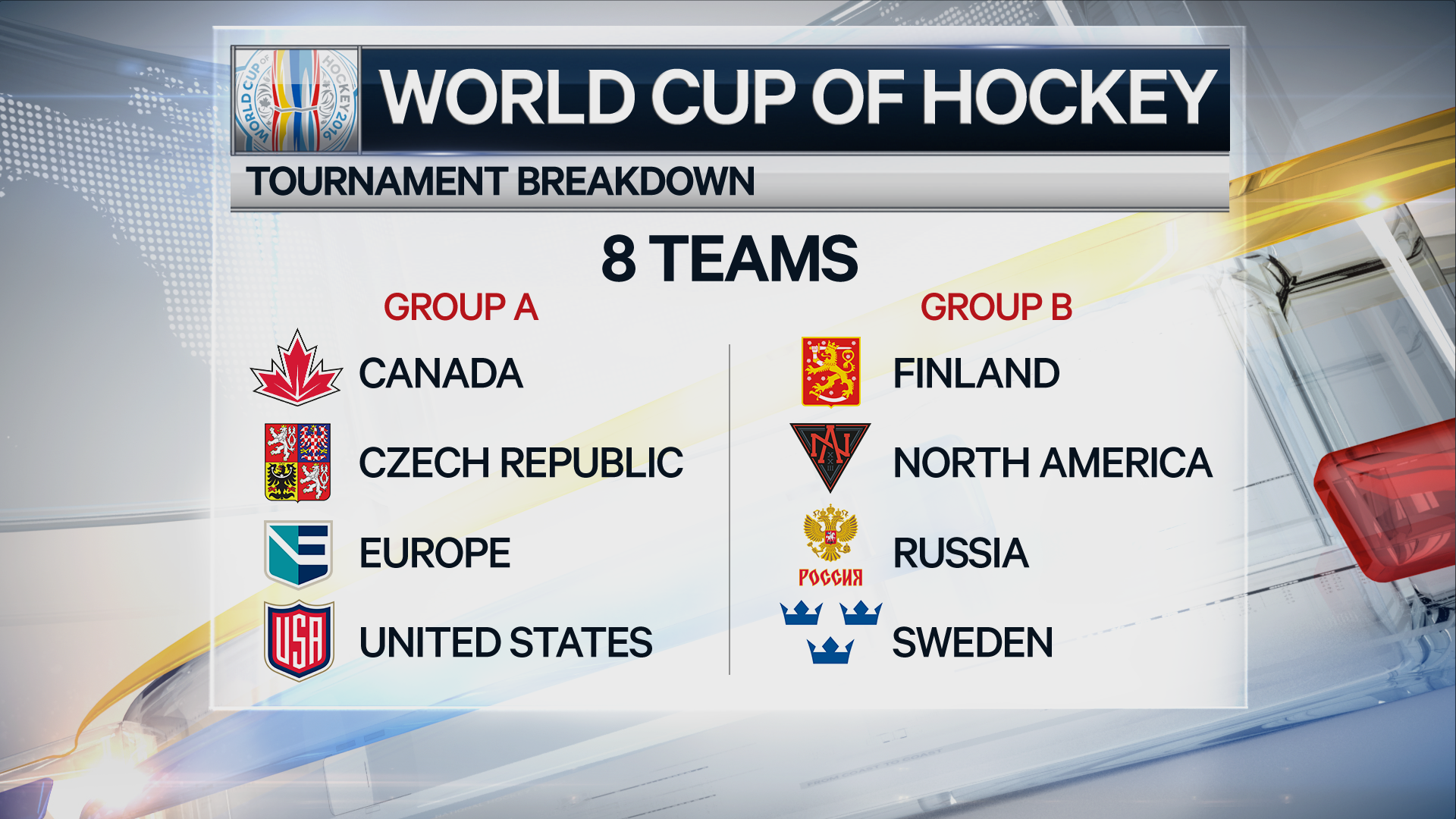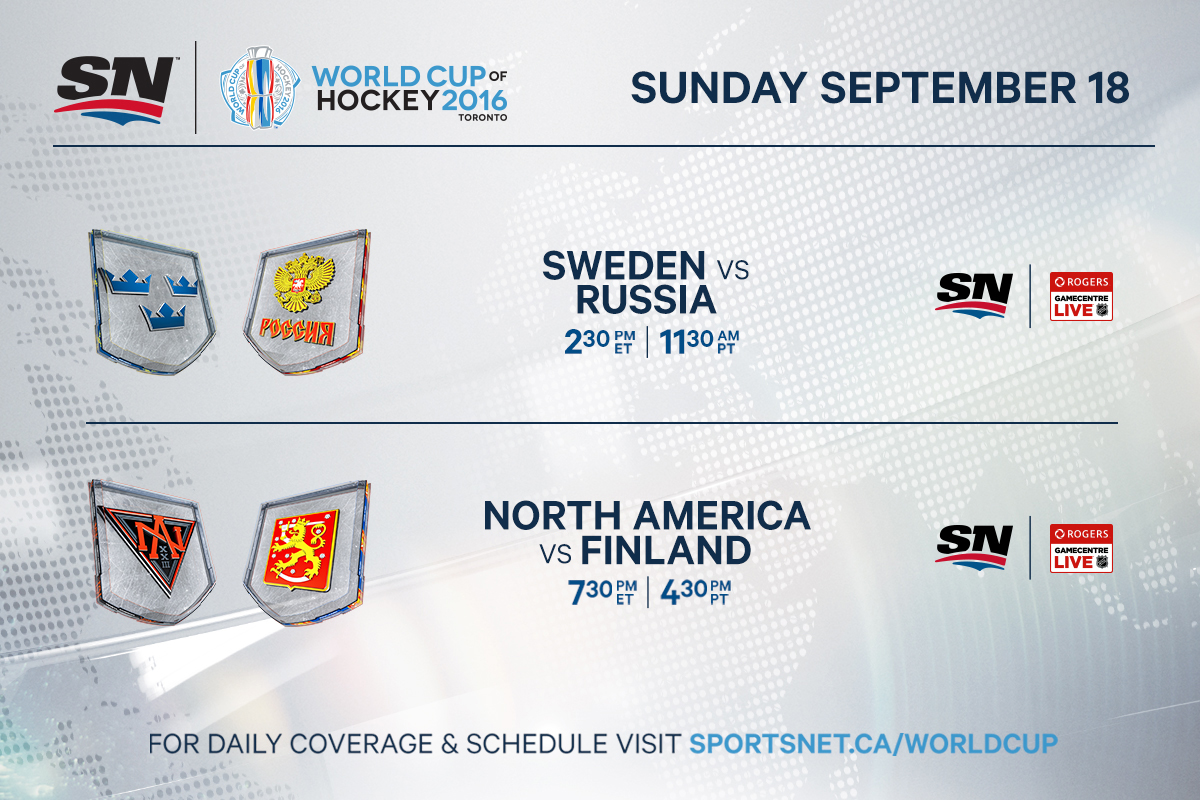Thirty-five years ago, the Soviet Union scored an 8-1 victory over the host country in the final of the 1981 Canada Cup. Since then, best-on-best triumphs have proven elusive.
The Russians have, more or less, a permanent pass into hockey’s heavyweight division thanks to their continuous line of elite talent. But all that skill hasn’t amounted to a hill of beans of late. The team was embarrassed at home in Sochi two years ago and also crashed out in Vancouver at the 2010 Olympics. The Russians haven’t made a Canada/World Cup final since 1987 and their only two medals of the NHL-at-the-Olympics era are silver in 1998 and bronze in 2002. Russia’s current problems stem from a support staff that isn’t good enough, especially on the back end.
Will the World Cup mark a reversal of fortune? Here’s how the team breaks down.

Strengths: If you’re looking for someone to snipe from the top of the circle, this is still your club. Alex Ovechkin is the world’s uncontested top goal-scorer and Vladimir Tarasenko is one of the few guys who can even challenge for the throne. Pavel Datsyuk is old and always hurt, but he remains an effective two-way centre. Evgeni Malkin’s best game is about as good as it gets and Evgeny Kuznetsov has established himself as an NHL star.
The goaltending also has day-saving potential, as both Sergei Bobrovsky—who will start the first round robin game versus Sweden on Sunday—and Semyon Varlamov have had their moments carrying teams in the NHL. Even the No. 3, Andrei Vasilevskiy, is a quality option based on his strong play with the Tampa Bay Lightning in the playoffs last spring.
Weaknesses: The aforementioned defence corps. Russia’s best blueliner, likely still 37-year-old Andrei Markov, wouldn’t crack the roster of Canada or Sweden if those teams were carrying a dozen defencemen. It’s possible the country is just in a down cycle right now, something that could change with prospects like Philadelphia’s Ivan Provorov and Montreal’s Mikhail Sergachev.
But that doesn’t help them in the here and now.
The weak blueline crew affects the entire team because if your defencemen can’t get the puck off the opponents’ sticks, it’s awfully tough to feed it up to that high-flying forward crew.
Secret Weapon: Artemi Panarin, the reigning Calder Trophy winner, plays on a line with centre Vadim Shipachyov and Evgenii Dadonov. The three used to play together at SKA St. Petersburg (Shipachyov and Dadonov still do) and their chemistry can’t be missed. At the World Championship last May, the line finished 1-2-3 in tournament scoring and, during Russia’s 1-1-1 exhibition showing, they each netted three points in three contests.
Ovie and Co. will get the headlines, but don’t take your eye off those three.
Best case scenario: The snipers do their thing and score their way to the final. However, having drawn the tougher group with Sweden, Finland and North America, it’s very likely this tournament adds to a growing pile of disappointing events.









